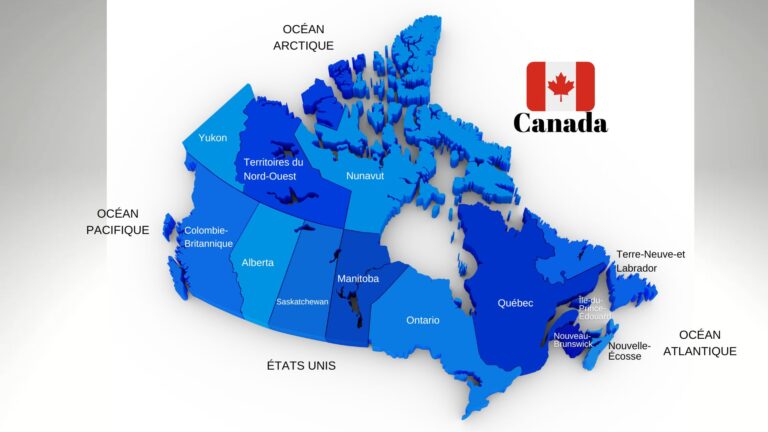How to choose an immigration consultant or other authorized paid representative

Despite the fact that you use a representative, you are solely responsible for the content of your immigration application and must check the documents and forms before signing them.
Be wary if you are encouraged to lie or misrepresent yourself in your application, as this is at your own risk.
Representative types
Unpaid representatives
They provide services free of charge and are not authorized by Canada's Immigration Act to collect money to represent you in your immigration application.
Be wary if you're told the service is free, then asked to pay the fee.
Unpaid representatives include :
- Your family members
- Your friends
- NGOs
- Religious organizations
- Other third parties who do not charge fees
Paid authorized representatives
To be paid for a service in Canadian immigration, i.e. to receive fees or honoraria for services rendered in connection with an application for immigration to Canada, you must be authorized under Canadian law. The following are the groups of authorized paid representatives:
- CRICs (Regulated Canadian Immigration Consultants): These are immigration and citizenship consultants who are members of the College of Immigration and Citizenship Consultants (CCIC). You can check the name and status of the consultant on the College's website. https://college-ic.ca/protecting-the-public/find-an-immigration-consultant. If you see that his status is not active or can't find his name, don't hire him. Apart from federal authorization by the CCIC, they must obtain authorization from Quebec and Saskatchewan if they wish to immigrate to these provinces.
- Immigration lawyers: They must be members of a Canadian law society.
- Quebec notaries: Must be authorized to practice in Quebec and be a member of the Chambre des notaires du Québec.
- Ontario paralegals: Must be a member of the Ontario Bar.
Common reasons for consulting a paid authorized representative
- Your request is complex
- You are unfamiliar or uncomfortable with the procedure
- You're short of time
- You want to save time and money
- Your request has been refused
- You have received a procedural fairness letter
- You have been called for an interview with an IRCC agent
- You are inadmissible
How to recognize a serious immigration professional?
- Look for his name on his regulator's website
- Search for its name and check its status on the website or the CCIC application if he is an immigration and citizenship consultant.
- Check status (active, suspended, revoked, resignation...)
- If you can't find the name, don't hold back.
- If you find the name, but its status is not active or in good standing, don't retain its services either. After all, you're entitled to ethical, quality service. Only consultants and other representatives in good standing can guarantee you this service. In fact, being in good standing means complying with the regulations of the regulatory body whose role it is, among other things, to protect the public.
A few precautions to take when retaining the services of a paid authorized representative
- Be sure to identify the person you are consulting
- Consultants are paid for work performed, not results. Only the IRCC agent decides whether or not to accept your request.
- Sign a consulting or service contract to protect yourself, even if the service is free.
- Request invoices and receipts for payments you make
- Request reimbursement for services paid for but not rendered
- Make payments directly to the consultant with whom you have signed the contract, not to his employees or agents.
- Avoid lying to the immigration consultant or lawyer who accompanies you on your application.
- Ask questions and find out if the person has mastered his or her subject before hiring them.
- Ask for regular updates on your application
- Request a follow-up email after each meeting with your representative
How can you avoid scams and find out if the person offering you their services is authorized to do so?
Don't take the easy way out!
When you're offered something that's too fast, too safe, and you're assured that it's going to work and that there's no chance of failure, and you're asked to pay right away, beware and don't fall into the trap. Because when it sounds too good to be true, it isn't! Ask around and don't be naive. You could lose a lot. Illusionary salesmen like these disappear or change their tune as soon as they've collected your money.
Risk situations
Immigration scams and fraud
You're being robbed, swindled, tricked into a visa for Canada or threatened for other reasons. It's when you pay someone who then disappears with your agent, without performing any of the services agreed upon. There are countless such situations on the Internet, and even in your own neighbourhood. The people who commit these crimes use false names, websites or documents that look official... Be wary and do your research when you're approached by someone you don't know.
Report immigration scams and fraud immediately.
Ghost consultants
These are usually people who have lost their license to practice and continue to charge fees and provide services illegally. If you use the services of a ghost consultant, you do so at your own risk.
Types of individuals to avoid
- People who promise you certain success for your application
- People who call and threaten you by saying they work with the Canadian government
- People who tell you they have connections with someone in government who can influence the decision on your application
- People who give you a specific processing time
- People who charge you contingency fees, i.e. based on results and not on the work they will carry out.
- People who do not sign a contract with you
- People who refuse to return your documents
- People who threaten you when you ask questions
- People who show you forged or false documents to establish their supposed legitimacy
- People who encourage you to commit fraud, lie and produce false documents
What can you do if you've been taken advantage of?
- Contact the authorities in your country
- Contact the regulatory body if the person is an immigration consultant, lawyer or notary.
- Contact the Canada Border Services Agency (CBSA): https://www.cbsa-asfc.gc.ca/menu-fra.html
What should you do if you come into conflict with your authorized paid representative?
- Try to solve the problem with him
- Terminate the representative mandate and change the representative
- Contact the representative's regulatory body if the cause of the dispute is serious or the dispute insolvent






